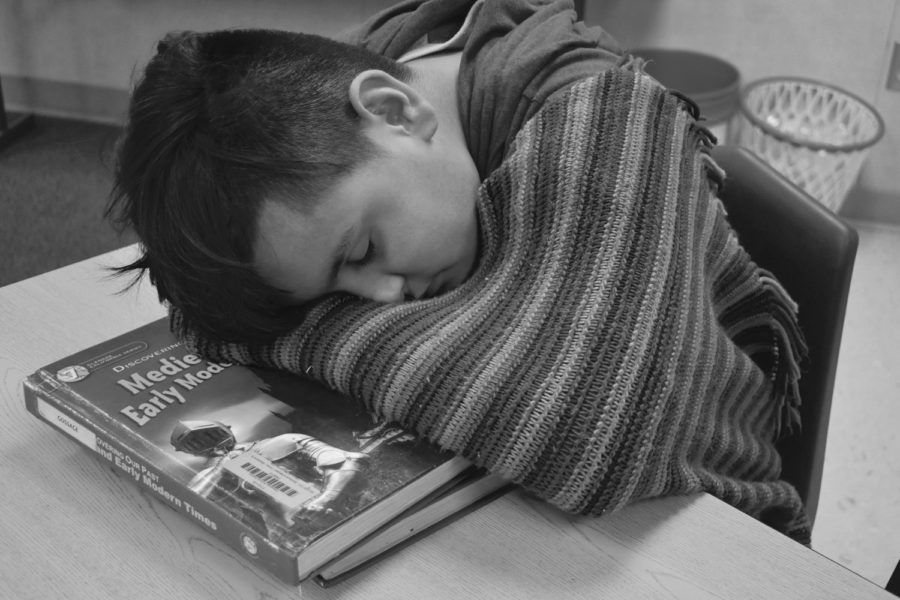More Time to Sleep
SB 328 makes schools start later than 8:00. But is it really the best idea?
December 9, 2019
When you heard about the School Start Time bill that was recently signed by Governor Newsom, your immediate thought probably had to do with sleeping in.
Until students think about the law apart from their pillow, the conversation probably won’t make it too far.
Senate Bill 328 was introduced last year, requiring that California middle schools and high schools start later in the morning. It was initially vetoed by the previous governor, Jerry Brown. The bill’s original author, Senator Anthony Portantino, brought it back under the current administration in Sacramento. And this time, it was signed by Brown’s successor, Governor Newsom.
Governor Brown refused to sign the bill because he saw it as a, “One-size-fits-all approach that is opposed by teachers and school boards. Several schools have already moved to later start times. Others prefer beginning the school day earlier. These are the types of decisions best handled in the local community.”
In repeated phone calls from the Howl to the current governor’s office, Newsom’s staff was unresponsive.
When the law goes into effect in 2022-2023, middle schools in California will not be allowed to start any earlier than 8 a.m. In addition, California high schools like Los Osos and RCHS will be required to start no earlier than 8:30 a.m. in an attempt to give teens additional time to sleep.
But how much power does the government really have over someone’s sleep schedule?
“I think if right now, seven hours of sleep or six hours of sleep is okay with a parent [so] then that’s how much sleep a student will get. A parent is the one who ultimately controls how much sleep a child gets,” said Mr. Apodaca.
Most recognize that sleep is a legitimate problem. But there may have been a better way to solve it.
If school starts later, it will also end later. This means that extracurricular activity times will also be pushed back.
And what about students who have working parents or multiple siblings? In this common situation, parents and kids will now end their day later.
“I don’t like the law because I have baseball practice, my sisters have practice after school, and my mom has work. And after school programs are going to be pushed back until like 7 or 8 o’clock at night,” said Dominic R.
Instead of pushing back start times, maybe the amount of homework students receive could be reduced. Students often stay awake far too late simply because of homework. Reducing the assignment load would impact afternoon activities, allowing for an earlier bedtime at the end of the day.
“We have too much (homework). Most of the time I stay awake until about 11 just doing homework. I honestly think that if our school could understand that, all students would be able to get more sleep,” said Ryan J.
Schools’ effect on sleep is a realistic concern, though the School Start Time bill may not have been the best way to solve it.







